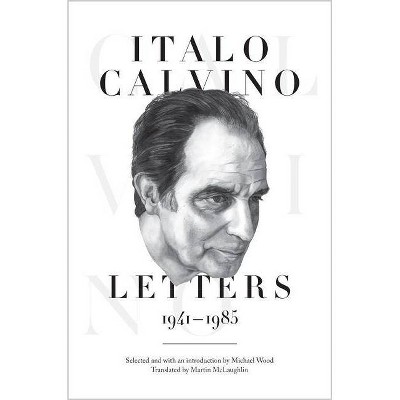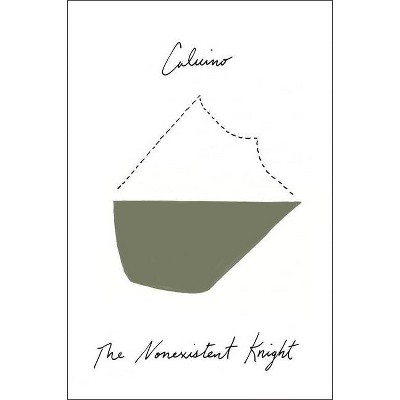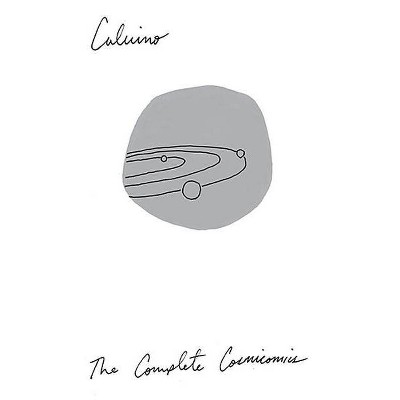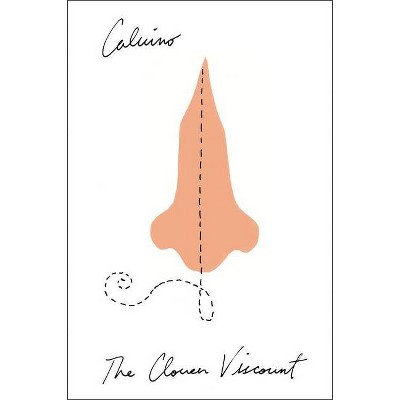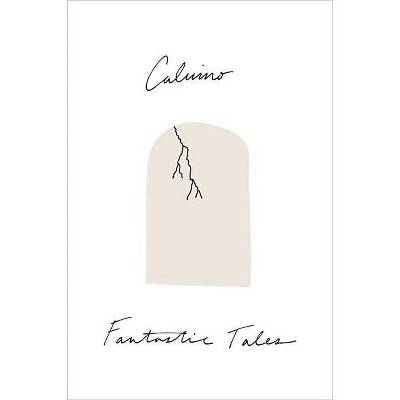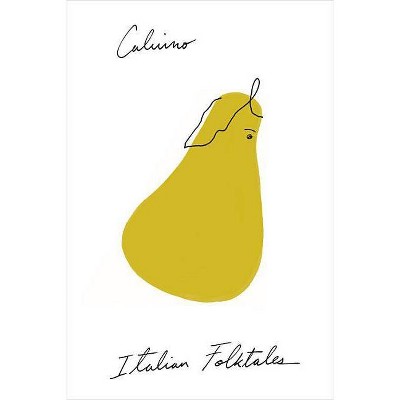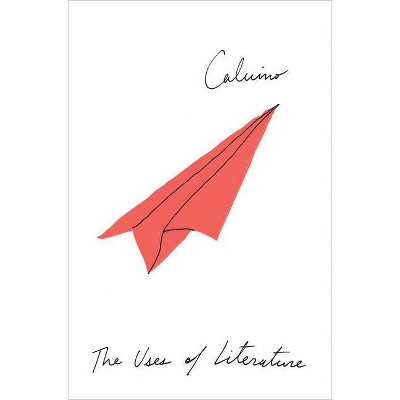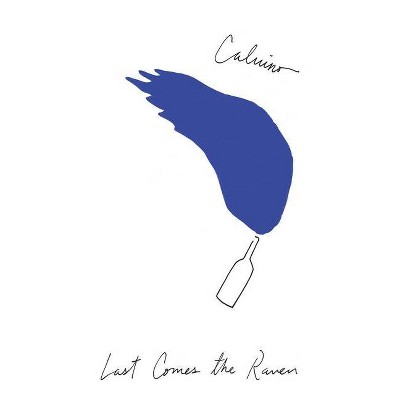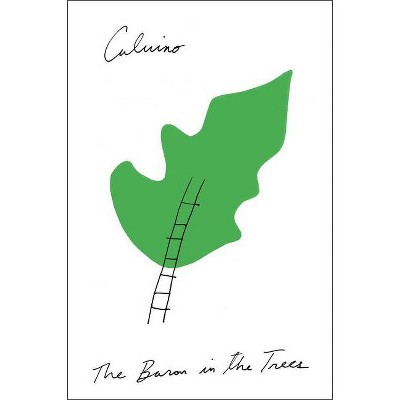Six Memos for the Next Millennium - by Italo Calvino (Paperback)
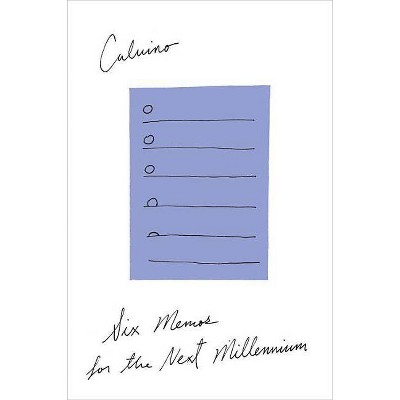
Similar Products
Products of same category from the store
AllProduct info
<p/><br></br><p><b> About the Book </b></p></br></br>A collection of five lectures Italo Calvino was preparing to deliver at the time of his death, setting forth the qualities in writing he most valued, and which he believed would define literature in the century to come. Together, these memos form a stirring defense of literature and an indispensable guide to Calvino's own work.<p/><br></br><p><b> Book Synopsis </b></p></br></br><b>"One of the most rigorously presented and beautifully illustrated critical testaments in all of literature."--<i>Boston Globe</i> <p/> "A brilliant, original approach to literature, a key to Calvino's own work and a thoroughly delightful and illuminating commentary on some of the world's greatest writing."--<i>San Francisco Chronicle </i></b> <p/> At the time of his death, Italo Calvino was at work on six lectures setting forth the qualities in writing he most valued, and which he believed would define literature in the century to come. Here, in <i>Six Memos for the Next Millennium</i>, are the five lectures he completed, forming not only a stirring defense of literature, but also an indispensable guide to the writings of Calvino himself. He devotes one "memo" each to the concepts of <i>lightness</i>, <i>quickness</i>, <i>exactitude</i>, <i>visibility</i>, and <i>multiplicity</i>, drawing examples from his vast knowledge of myth, folklore, and works both ancient and modern. Readers will be astonished by the prescience of these lectures, which have only gained in relevance as Calvino's "next millennium" has dawned.<p/><br></br><p><b> From the Back Cover </b></p></br></br><b> The fate of literature and the book in the so-called postindustrial age is being questioned . . . My faith in the future of literature rests on the knowledge that there are things that only literature, with its particular capacities, can give us. from <i>Six Memos for the Next Millennium</i></b><br /> <br /> At the time of his death, Italo Calvino was at work on six lectures setting forth the qualities in writing he most valued and which he believed would define literature in the century to come. <i>Six Memos for the Next Millennium</i> is Calvino s testament, containing the five lectures he completed. Now in a new translation by poet Geoffrey Brock, these memos form a stirring defense of literature and an indispensable guide to Calvino s own writings. He devotes one lecture each to the concepts of lightness, quickness, exactitude, visibility, and multiplicity, drawing examples from his vast knowledge of myth, folklore, and works both ancient and modern. Readers will be astonished by the prescience of these lectures, which have only gained in relevance as Calvino s next millennium has dawned.<br /> <br /><b>Italo Calvino</b><b>(1923 1985)</b> attained worldwide renown as one of the twentieth century s greatest storytellers. Born in Cuba, he was raised in San Remo, Italy, and later lived in Turin, Paris, Rome, and elsewhere. Among his many works are <i>Invisible Cities</i>, <i>If on a winter s night a traveler</i>, <i>The Baron in the Trees</i>, and other novels, as well as numerous collections of fiction, folktales, criticism, and essays. His works have been translated into dozens of languages.<br /><br /><b>Geoffrey Brock </b>is an award-winning translator and poet whose translations include works of Umberto Eco, Cesare Pavese, and others.<br /> "<p/><br></br><p><b> Review Quotes </b></p></br></br><br>"Enchanting... Calvino woos you... If you take the time to absorb this book, you will never read or write the same way again... he will provide you with a rich new way of looking and thinking." <b>--PASTE MAGAZINE</b> <br><br><p/><br></br><p><b> About the Author </b></p></br></br>ITALO CALVINO's (1923-1985) superb storytelling gifts earned him international renown and a reputation as "one of the world's best fabulists" (<i>New York Times Book Review</i>). At his death, at age sixty-one, he was the most-translated contemporary Italian writer. <p/> GEOFFREY BROCK is an award-winning translator and poet whose translations include works of Umberto Eco, Cesare Pavese, and others.
Price History
Cheapest price in the interval: 8.99 on October 19, 2021
Most expensive price in the interval: 8.99 on November 6, 2021
Price Archive shows prices from various stores, lets you see history and find the cheapest. There is no actual sale on the website. For all support, inquiry and suggestion messagescommunication@pricearchive.us
